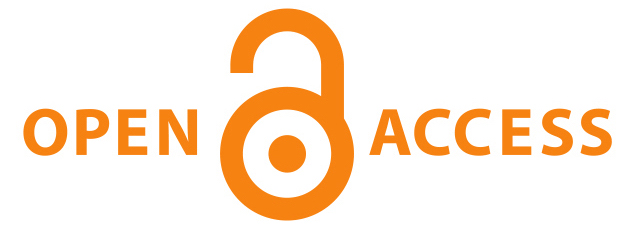Cross-Cultural Communication and Co-Directional Theory: Assessing the Impact of Cultural Background on Communication Efficacy Among International Students in Malaysia
DOI:
https://doi.org/10.56868/jadhur.v3i1.203Keywords:
Cross-Cultural Communication, Co-Directional Theory, Cultural Background, Communication Efficacy, International StudentsAbstract
The association of intercultural communication (IC) and international students has become increasingly evident in the global expansion of higher education. This study introduces the Cross-Cultural Communication model (CCCM), which explains Cultural Background (CB), Level of Cross-Cultural Adaptation (LCCA), Proficiency in Common Language (PCL), and Communication Efficacy (CE) as distinct stages in intercultural development. Focusing on international students in Malaysia, the research employed a quantitative survey method analyzing data from 215 among multi-cultural students. . Our findings show cultural background’s has positive and significant impact on cross-cultural adaptation, proficiency in common language, and communication efficacy. There was also a direct and significant impact of a level of cross-cultural adaptation and proficiency in common language on communication efficacy. Moreover, the extent to which individuals adapt to different cultures and their proficiency in a common language mediate the association between cultural background and communication efficacy. The findings reveal a progression from acquiring a cultural background (CB) to developing a level of cross-cultural adaptation (LCCA), enhancing proficiency in common language (PCL), and achieving communication efficacy (CE). These findings lend empirical support to the foundational assertions of the CCCM.
Downloads
Published
How to Cite
Issue
Section
License
Copyright (c) 2024 Journal of Advances in Humanities Research

This work is licensed under a Creative Commons Attribution 4.0 International License.
















